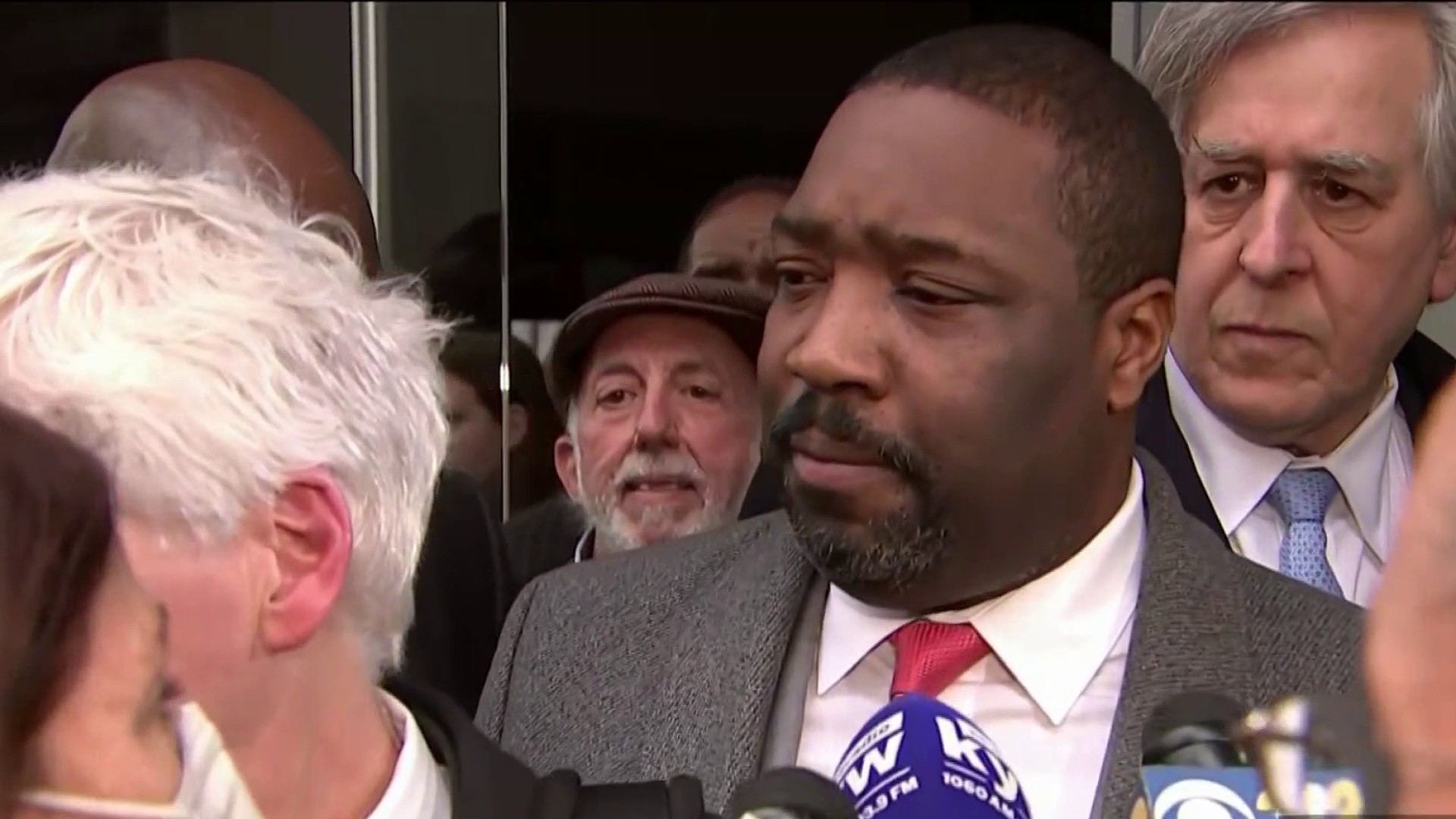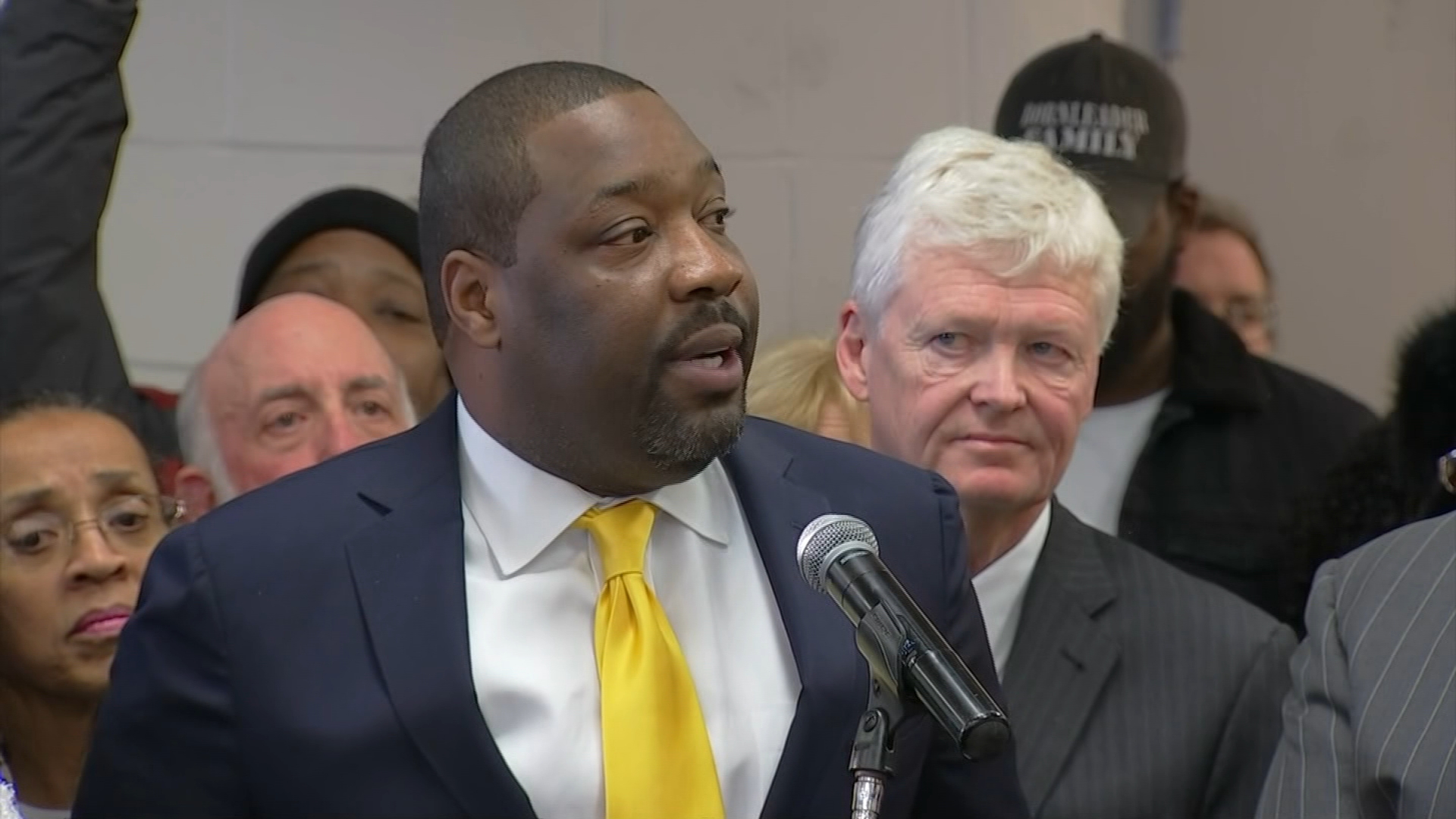What to Know
- Philadelphia City Councilman Kenyatta Johnson and his wife are scheduled to go on trial again in federal court in what prosecutors allege was a “widespread corruption conspiracy.”
- The first trial of Johnson and his wife, Dawn Chavous, on honest services wire fraud charges ended in a mistrial earlier this year after jurors deliberated for about 25 hours over four days.
- Johnson, a Democrat who has served on the council since 2012, is accused of engaging in official actions in exchange for payments. Chavous is accused of having entered into a “sham” consulting agreement with a nonprofit that was used to funnel payments to her husband.
A Philadelphia City Council member and his wife are scheduled to go on trial again in federal court this week in what prosecutors allege was a “widespread corruption conspiracy.”
The first trial of Councilman Kenyatta Johnson and his wife, Dawn Chavous, on honest services wire fraud charges ended in a mistrial earlier this year when jurors were unable to reach agreement after about 25 hours of deliberations over four days.
Johnson, a Democrat who has served on the council since 2012, is accused of engaging in official actions in exchange for payments. Chavous is accused of having entered into a “sham” consulting agreement with a nonprofit that was used to funnel payments to her husband.
Get top local stories in Philly delivered to you every morning. >Sign up for NBC Philadelphia's News Headlines newsletter.
Defense attorneys said prosecutors lacked evidence to support their case, defending the work of Chavous as legitimate and saying it had nothing to do with Johnson’s actions on the council. Johnson’s lawyer, Patrick Egan, credited prosecutors with “a heck of a story” but said “The problem is there’s no evidence to support that story. None. Not a single shred,” The Philadelphia Inquirer reported.
Egan told WHYY that he was expecting “almost exactly the same trial" in the new proceedings scheduled to begin Wednesday with jury selection. The station reported that prosecutors are not expected to present any new evidence and court documents indicate that the pool of potential witnesses is largely the same.



